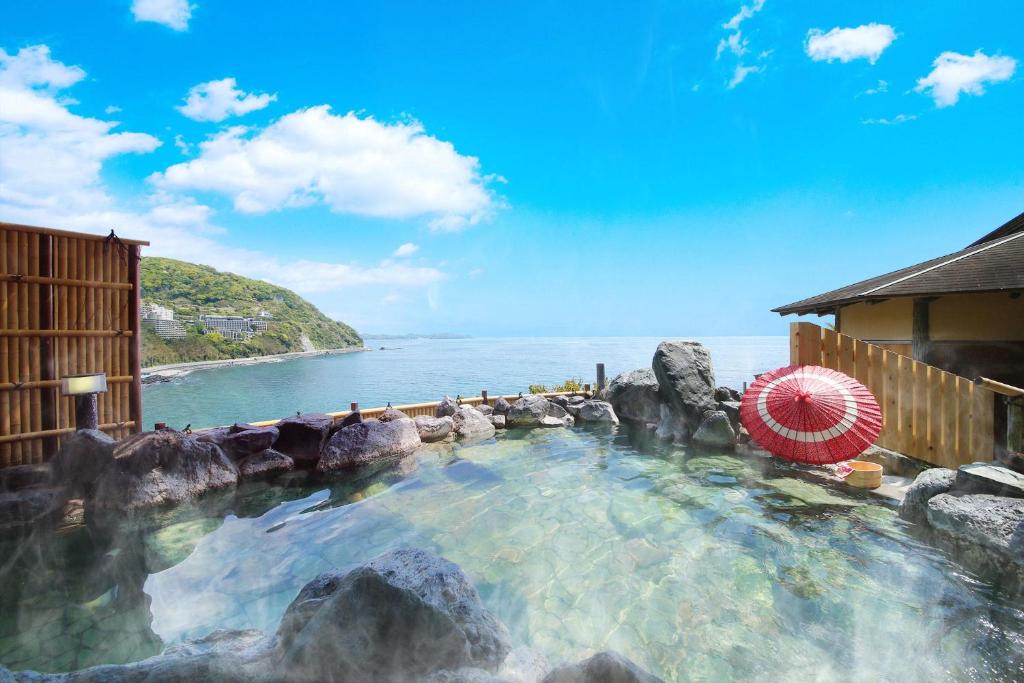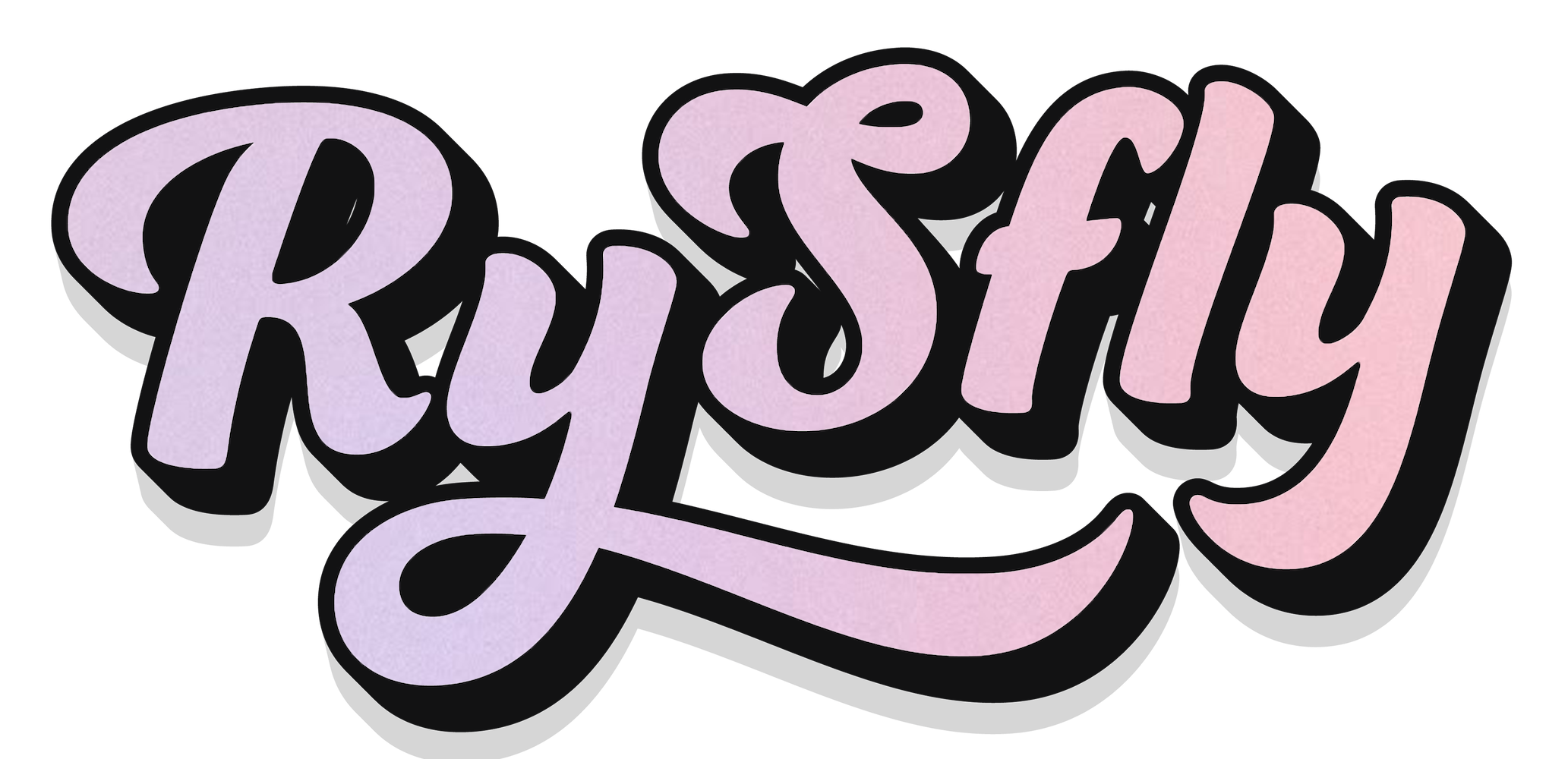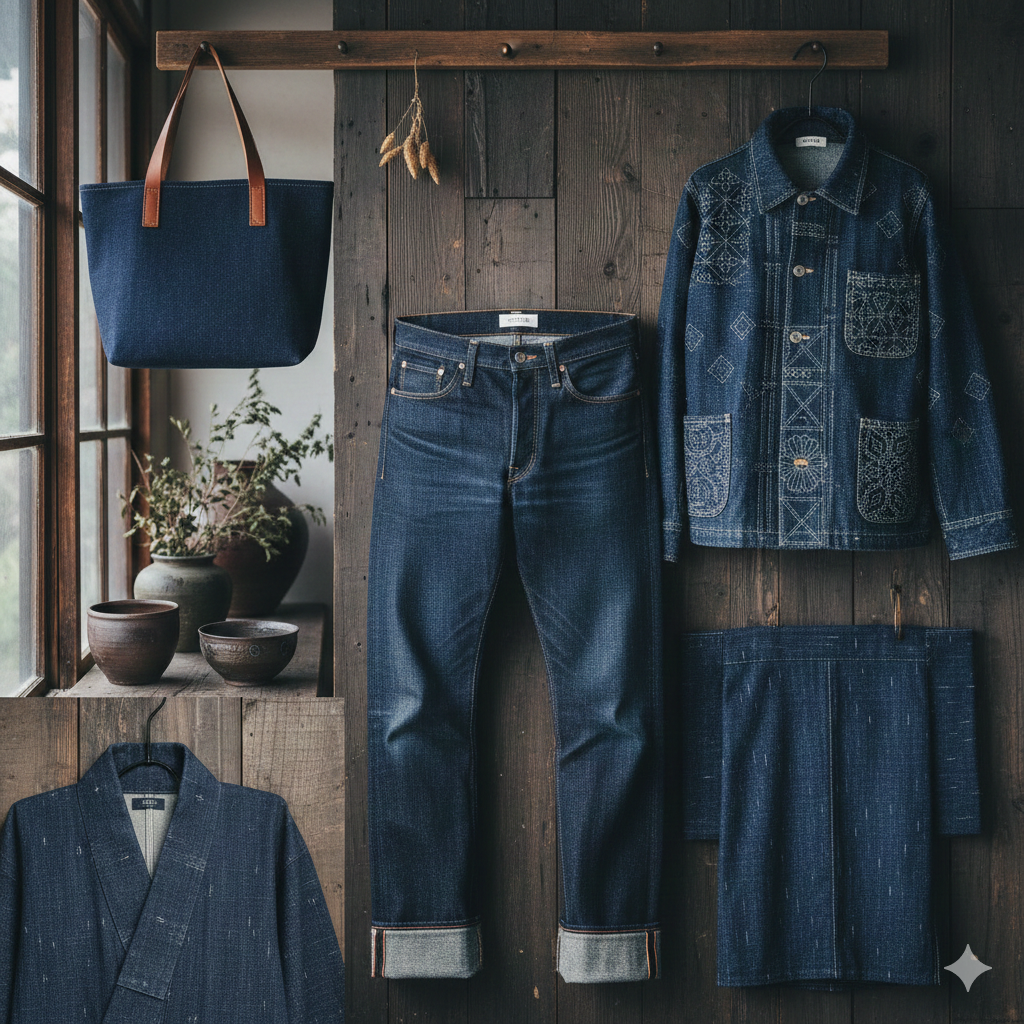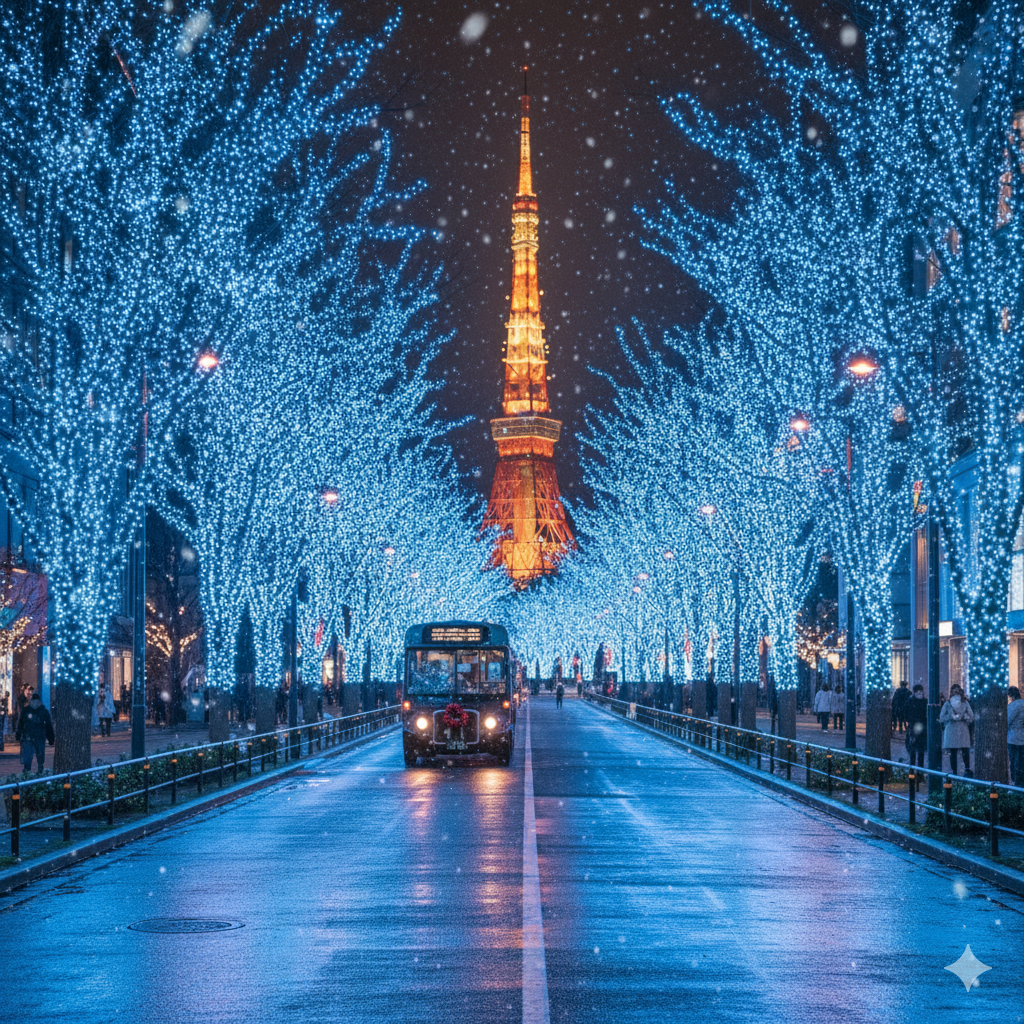Soaking Up Japanese Culture: A Family Guide to Onsen

One essential activity you must experience when on holiday in Japan is a dip in an onsen, the country's signature hot spring baths. As mentioned in a previous article, onsen offer numerous health benefits.
Onsen have been an integral part of Japanese society for centuries. Besides the health perks, soaking in an onsen is a wonderful means of relaxation and socializing. That's why, today, there's a growing number of family-friendly onsen facilities, specially designed with the needs of traveling families in mind. This is great news for those of you planning a family trip!
What is Onsen and Its Benefits for Families
An onsen is a natural hot spring bath, with water sourced from volcanic hot springs. This water is rich in minerals like sulfur, calcium, and sodium, all beneficial for skin health and blood circulation. Soaking in an onsen is believed to reduce stress, ease muscle pain, improve sleep quality, and even help heal various skin conditions.
When you go with your family, the onsen experience not only provides health benefits but also offers a chance to immerse yourselves in Japanese culture. Children can learn about the etiquette and manners of public bathing, while the entire family can enjoy precious, shared moments that might be rare in everyday life.
The Difference Between Onsen and Sento
Before we dive deeper, it's important to understand the distinction between an onsen and a sento. Onsen use water from natural, mineral-rich hot springs, whereas a sento is a public bath where the water is artificially heated. In terms of culture and experience, onsen offer a more authentic vibe and are typically located in mountainous or volcanically active regions.
For families, both onsen and sento can be appealing options. Sento, often found in urban areas, may be easier to access, while onsen in the countryside boast exceptionally beautiful natural scenery. You simply choose which suits your travel itinerary and preferences best.
Choosing a Family-Friendly Onsen
For families, especially first-timers, a private bath (kashikiri-buro) is often the ideal choice. A private onsen allows the entire family to bathe together without the need to separate by gender, which is the standard rule in public baths. Furthermore, a private onsen offers greater privacy, which can make children feel more comfortable.
Many ryokan (traditional Japanese inns) and modern hotels offer rooms with private family onsen inside. Others have dedicated private onsen facilities that can be reserved by the hour.
A traditional ryokan with an onsen is an ideal accommodation for a complete immersion in Japanese culture. Some ryokan are specifically designed for families, featuring spacious tatami-floored rooms, traditional meals served in your room, and access to hot spring baths.
Some family-friendly ryokan with family onsen include:
Hakone Kowakien Yunessun (Hakone) – A hot spring water park that merges the traditional onsen concept with a water park. This place features areas where guests can choose to bathe in a swimsuit or nude.
Hoshino Resorts KAI (various locations) – A luxury ryokan chain that frequently offers private onsen facilities and programs for children.
Kinugawa Onsen Hotel (Nikko) – A family hotel with various types of baths, including indoor and outdoor onsen, plus a swimming pool for kids.
Oedo Onsen Monogatari (Tokyo) – An onsen-themed amusement park located in the Tokyo Bay area, perfect for introducing children to Japanese bathing culture.
Some family onsen facilities are equipped with shallow pools or water play areas for children. This is extremely helpful for families with toddlers or young children who might not be comfortable with the deep and hot traditional onsen pools.
Onsen Etiquette and Rules
Before the first onsen experience, it’s important to prepare the children. Explain the process and the basic etiquette of soaking in an onsen, such as:
Washing the body thoroughly before getting into the pool
No swimming or being too noisy in the onsen
Do not bring towels into the water
Long hair should be tied up so it doesn't touch the water
It would be beneficial to show pictures or videos of onsen to help children get used to the concept. This will minimize culture shock and make the experience more enjoyable.
Special Rules for Children
In Japan, children are usually allowed into opposite-gender baths up to a certain age (typically around 7–10 years old, depending on the establishment's policy). Some general rules to know: Boys are usually allowed into the women's bathing area up to age 7-8. Girls are allowed into the men's bathing area up to the same age. Some onsen may have stricter or more lenient policies. For older children and teenagers, gender-separated bathing is the norm, making a private family onsen a better solution.
Overcoming the Challenge of Nudity in Public Baths
Many travelers, especially those from Indonesia, are not used to the culture of bathing nude in public onsen. To ease this discomfort, there are several alternatives:
Choosing a private onsen where the whole family can soak together in privacy.
Visiting a "swimsuit onsen" like Hakone Kowakien Yunessun, where guests can bathe in their swimwear.
Visiting the onsen during off-peak hours (early morning or late at night).
Using the small modesty towel to cover private areas when walking from the changing room to the pool (though the towel cannot be brought into the water).
It is important to remember that in Japan, onsen is a completely normal activity and has no connection whatsoever to sexualization. Regular patrons typically do not pay attention to others and focus solely on their own soaking experience.



